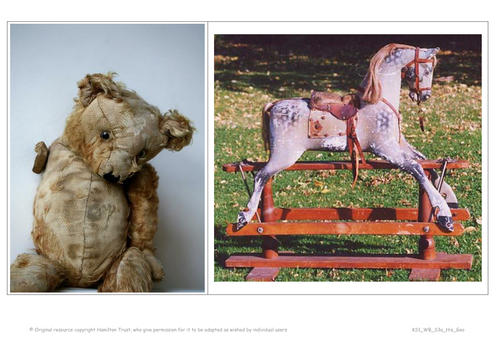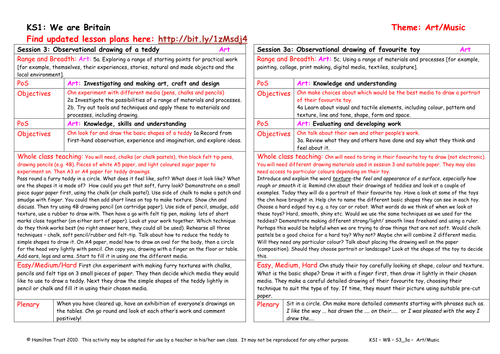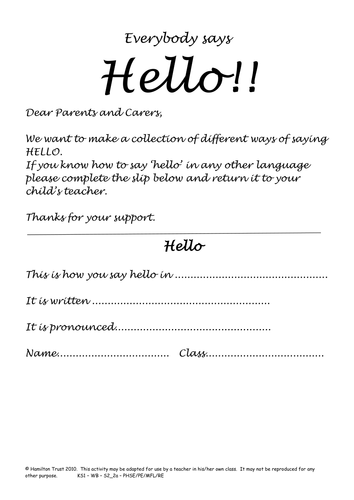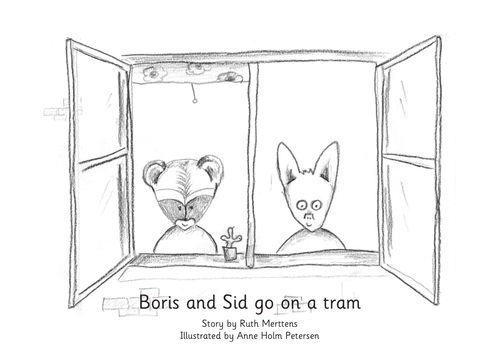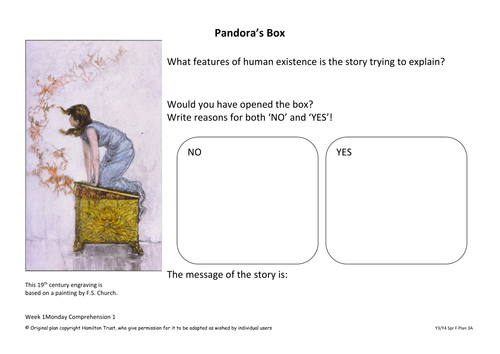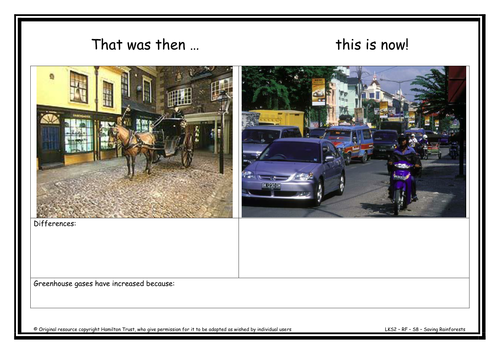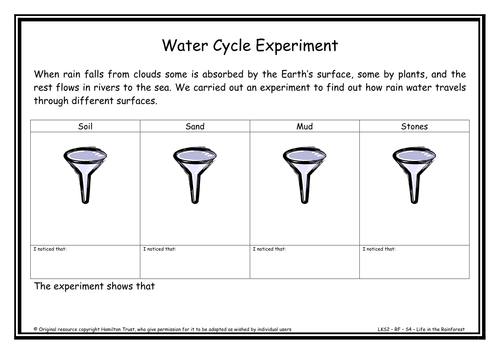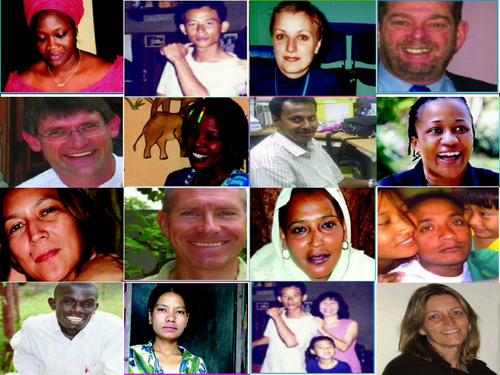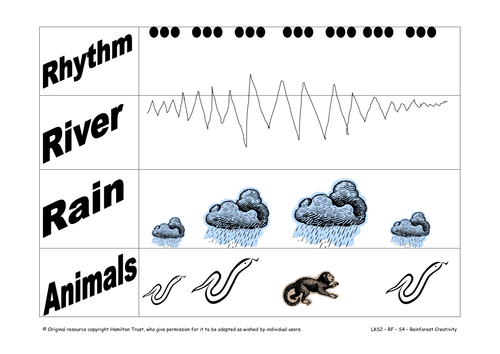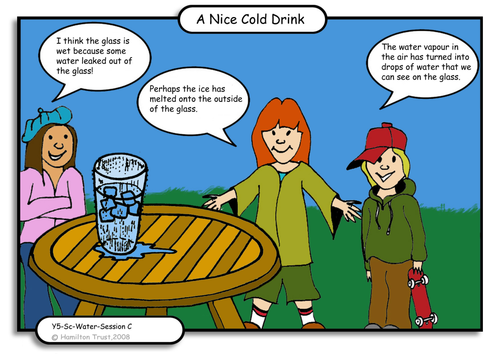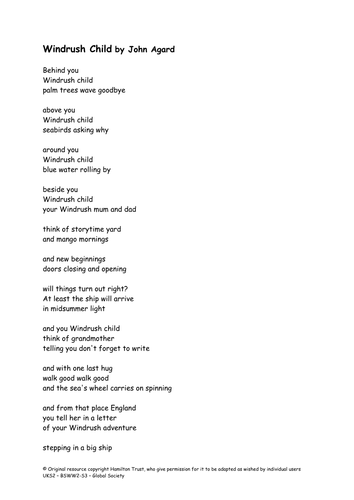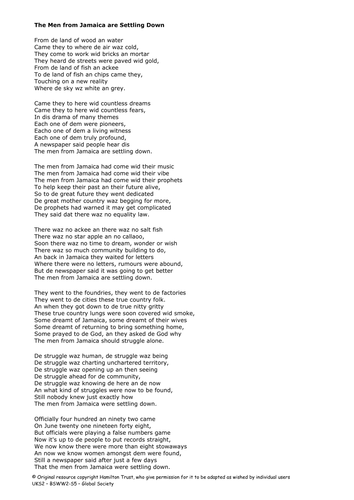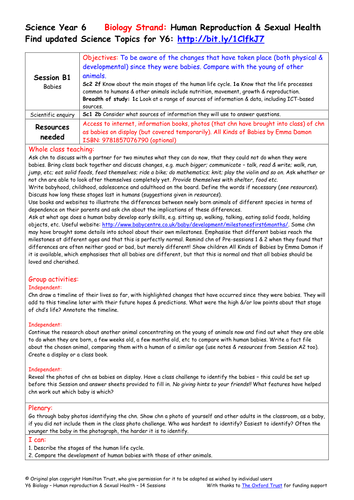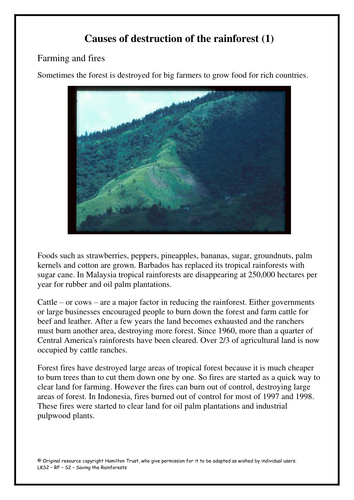
397Uploads
10045k+Views
11646k+Downloads
All resources

Shopping Basket
Look at products that would be on weekly shopping list, consider the different ways in which these were sold – less packaging. Discuss equivalents between imperial and metric measurements and money. Children convert prices or sort foods into then and now.

Infant Maths Leaflet
A leaflet for parents which outlines the type of Maths being taught in Key Stage 1 classrooms.

How old is my toy?
How do we know that a toy is old? What happens to our toys when they get played with lots? Children explore different toys and look for the signs of age. They choose precise words and explain their reasoning in detail.
Suitable for Years 1 and 2.

Rainforests - Reports Weeks 1 - 4
Explore report writing (and some explanation writing) through the fantastic book The Vanishing Forest by Richard Platt.
Identify the causes of deforestation and look at both sides of the question. Research the importance of the rainforest and write a report.

Observational drawing of a favourite toy
Children learn the word ‘texture’. They look carefully at their favourite toy and talk about the feel and appearance. They decide which media they want to use to represent it and do a beautiful drawing! They talk about their work and the work of other people.
Suitable for years 1 and 2.

We All Say Hello
Play circle games to practice greeting each other confidently. How many ways do children know to say hello in a different language? Learn 3 new ways.

Year 1 Fiction 3: Stories with repeating patterns and counting stories
Read a story with repeating patterns, Bringing the Rain to Kapiti Plain, by Verna Aardema. Retell the story using flow charts, write describing words and punctuate sentences. Read two counting stories Handa’s Hen by Eileen Browne and We All Went on Safari by Laurie Krebs, before guiding children to write their own. The Hamilton Group Reader, Boris and Sid go on a tram, is used to develop confidence in reading aloud.

Why things float
Why do some materials/objects float or sink? Talk about different materials used to make boats & ships. Carry out investigations: can children make plasticine float? How many pebbles/marbles will sink a plastic container? What happens when you blow air into water? Suitable for Year 1 pupils.

Washing Machines and Spin Driers
Children look at labour saving household inventions, order picture of machines across the decades and then carry out an experiment to find out how spin driers work.

Apartheid
Examine the system of apartheid through a class role play activity. Introduce Nelson Mandela and discover what children already know about him. Children reflect on their own feelings during the role play. Start reading Journey to Jo’burg. Suitable for years 5 and 6.

Year 3/4 Fiction 3: Myths and legends
Become familiar with a range of Greek Myths, The Orchard Book of Greek Myths by Geraldine McCraughrean, Greek Myths by Marcia Williams. Use them to study powerful verbs, verb tenses, use of first and third person, paragraphs and ways of showing dialogue. Children draw story maps to learn a Greek Myth off by heart and to retell another myth in written form.

Global Warming and Its Causes
What is global warning? Children find out what global warming is and how humans have caused and are contributing to the problem. Children compare life now to life 100 years ago and highlight the changes which have increased CO2 levels.

Is it sinking in! Rain into Earth
In this session children find out how the rain drops that fall from the clouds get back to the rivers and seas so that the cycle can start again. Children test a variety of natural Earth surfaces to see which allows water to flow through the fastest.
Suitable for years 3 and 4.

HIV: Kishe’s Story
Return to MDG 6, and focus on HIV and AIDS. Children read a story of a young orphan, Kishe, and reflect on her life story and the wider impact of HIV across generations.
Suitable for years 5 and 6.

Rainstorms - composing music
A storm is brewing. Thunder rumbles in the distance! In this session children use a text as a starting point for a musical composition. Using their own instruments made in the previous session they compose, record and perform their own music in groups.

Evaporation and condensation
Look at evaporation and condensation of water as reversible changes. Discuss everyday examples & uses of evaporation and condensation. Plan and carry out an investigation into the factors that speed up evaporation.
Suitable for Y5 pupils.

Windrush
Read the poem Windrush Child by John Agard and get children’s reactions. Give brief history of SS Windrush’s journey to Britain in 1948. Children either mark the journey on a map or answer questions about photographs to do with Caribbean immigration on the Windrush.

Notting Hill Carnival
Read Benjamin Zephaniah’s poem The Men from Jamaica are Settling Down. Discuss the treatment that migrants from the Caribbean received from some British people. Explain how this lead to riots and the first Notting Hill Carnival. Children design carnival costume.

Babies
Session 1 - Children consider the development that they have undergone since they were babies. Draw a timeline of their lives so far. Continue research into the life stages of another animal concentrating on how quickly the babies develop. Have a baby photo challenge!
Session 2 - Look at the proportions of a human adult as shown by Leonardo’s Vitruvian Man. Investigate the shape changes between a baby and an adult human, concentrating on the head to body length ratio. Measure and draw graphs. Sketch children and adults in proportion.
Suitable for Y6 pupils.

Causes of deforestation research
Children use internet search engines in small groups to find out more about a specific threat to the worlds rainforests. Children collect information in the form of notes and present their concerns and solutions to the class.



